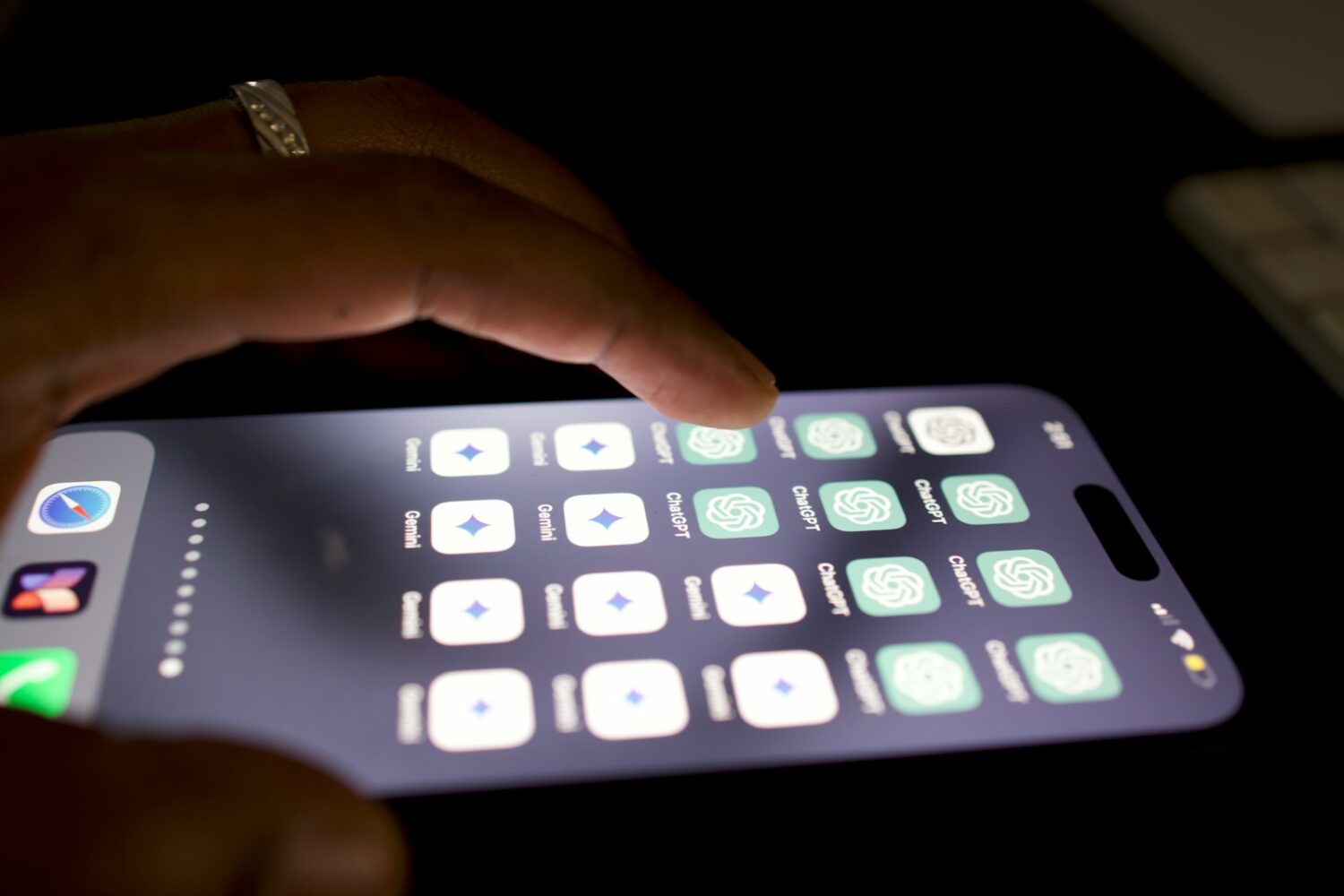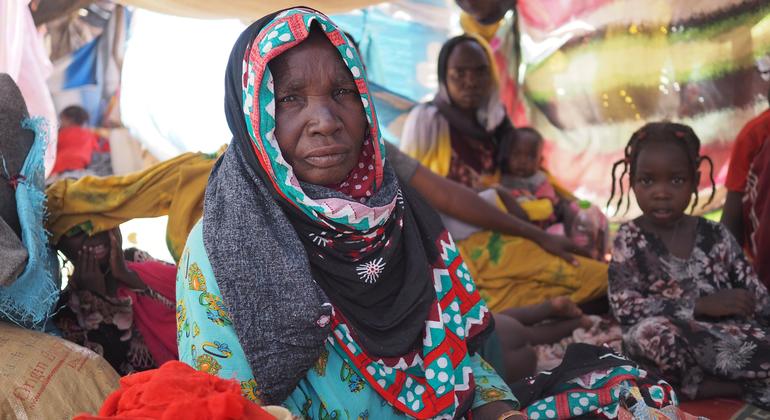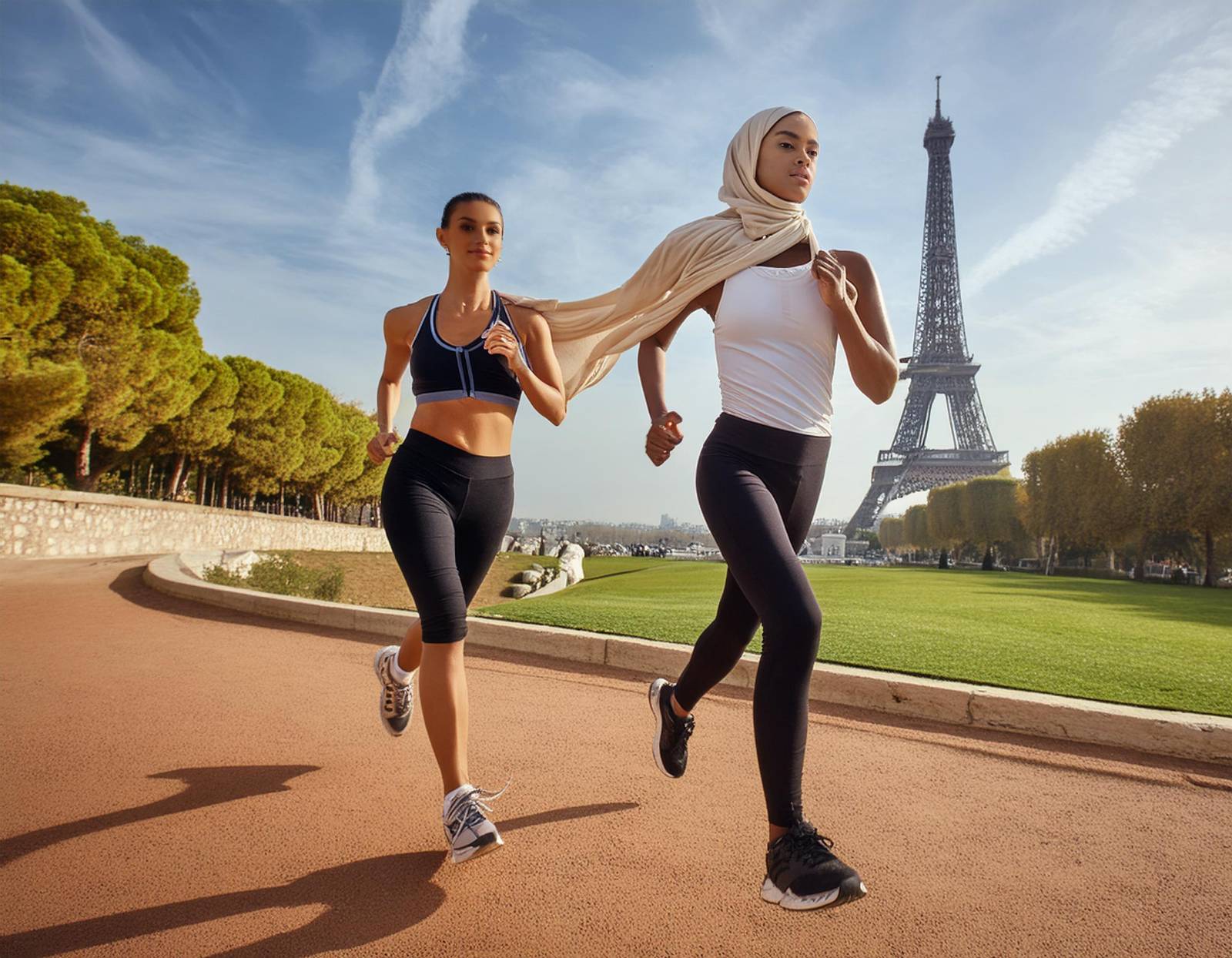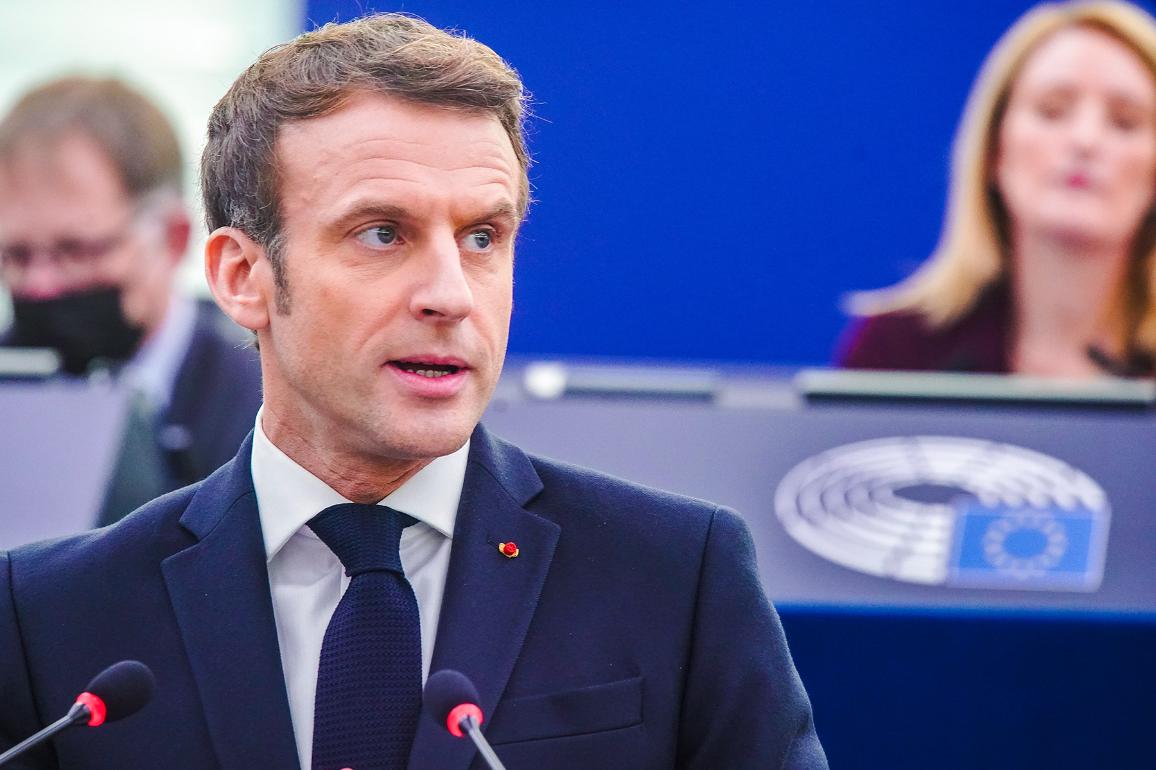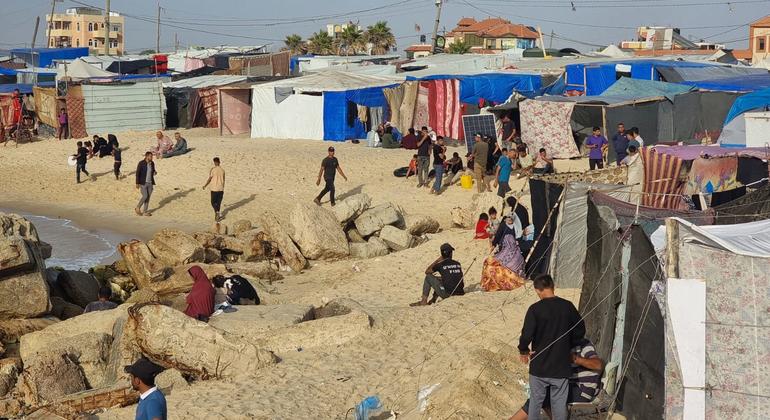That’s happening on the opening day of the 17th session of the Conference of States Parties (COSP17) to the game-changing Convention on the Rights of Persons with Disabilities, taking place from 11 to 13 June 2024.
From being a delegate at COSP16 to taking over UN News’s live blog at COSP17, the activist with Down syndrome said his mission is to amplify voices and drive change, including on this year’s themes of jobs, tech and humanitarian responses in times of crisis.
Here’s more from our guest editor ahead of COSP17:
“What I’m most looking forward to is connecting with others and meeting other people who care about the same things I do. Last year, I made new friends and shared stories, which was really cool.
I also looking forward to accessibility and inclusion. One thing that really stood out to me last year was how everyone talked about making things easier for people with disabilities. It was great to see so many people care about making the world a better place for us.
I’m from Canada and am passionate about disability rights. I’m a part of the L’Arche community in Toronto. L’Arche has nearly 160 communities in 37 countries around the world, fostering inclusive relationships where people with and without intellectual disabilities make each other’s lives better.
Nick Herd in the UN General Assembly Hall for COSP16.
Jobs, tech and humanitarian crises
This year, the focus at COSP17 is on tech, jobs and humanitarian crises through a lens of people with disabilities. Technology is changing the way we live and work, and it’s no different for people with disabilities.
We’re going to be discussing how advancements in technology can create new opportunities and support for individuals like us. From accessibility features in smartphones to assistive devices in the workplace, tech has the power to level the playing field and enhance our lives.
Unfortunately, conflicts and wars around the world disproportionately affect people with disabilities, and I’ve seen first-hand the challenges faced by individuals in L’Arche communities in conflict zones. COSP17 is going to be shedding light on these issues and advocating for better support and protection for those affected by conflict.
When it comes to jobs, finding and maintaining employment can be tough for anyone, but it can be especially challenging for people with disabilities. Discrimination, lack of accessibility and stigma are just some of the barriers we face. Through discussions, we’ll be working towards solutions to improve employment opportunities and ensure equal rights for all.
These issues are important to me and so is the Convention on the Rights of Persons with Disabilities.
How tech helps me as a person with a disability
Technology plays a crucial role in enhancing my life as a person with a disability, enabling me to connect, communicate and comprehend information more easily and independently. Here’s how:
Staying connected: Technology lets me stay connected with friends, family and the world around me. Whether it’s through social media, video calls or messaging apps, I can stay in touch no matter where I am. You can even follow me on Instagram!
Better communication: Tech tools like speech-to-text, text-to-speech and communication apps help me communicate more easily. They make it simpler for me to express myself and understand others, whether I’m chatting with friends or participating in meetings. For example, I’ll be using WhatsApp to stay connected with our L’Arche team while here at COSP17 in New York City.
Understanding information: Technology helps me understand information. With tools like screen readers, magnifiers and accessible websites, I can access and understand information more effectively, empowering me to learn, work and engage in various activities.
Nick Herd working as a creative consultant on the set of a short movie production for L’Arche Canada and the United States in March 2022.
3 ways employment changed my life
As a person with a disability, jobs matter. What’s most important is being included.
My animated film Freebird was long-listed for an Academy Award in 2021. It was a big deal. It showed that people with disabilities can shine in the spotlight too. Working on the film as a creative director was a highlight of my career.
Working together is also crucial. Collaboration is key in my acting gigs. Working with others helps us all come up with better ideas and make great things happen.
Equally important is being able to express myself. As an artist and freelancer, having a job means I can bring my unique perspective to the table. It lets me be myself and show what I can do, which is pretty awesome.
Dignity and disability
Every single person deserves to feel safe and respected in their life. It doesn’t matter who you are, where you come from, whether you have a disability or not – being treated badly is never okay. Whether it’s at school, work or anywhere else, bullying, mistreatment and neglect should never be tolerated.
In tough times like emergencies, disasters or wars, it’s super important for governments to do everything they can to keep us safe. They have to follow the rules set by the world to make sure everyone is okay.
It’s crucial to remember that no one should ever be forgotten or left out. We all have the right to be protected and valued.
Nick Herd (right) and his colleague Warren Pot from L’Arche Canada are interviewed at the United Nations.
Human rights for all
Why do humanitarian rights matter to me as a person with a disability? Human rights are not just words on paper; they are essential for people like me to live fulfilling lives and contribute meaningfully to society. I can think of three reasons why.
Getting the help I need: Humanitarian rights ensure I can access essential resources and support services, like healthcare, education, jobs and tools tailored to my needs, helping me to live with dignity and independence.
Feeling included: These rights promote inclusivity by fighting against discrimination based on disability. They ensure fair treatment for everyone, combating stereotypes and stigma. With humanitarian rights, society becomes more welcoming, where everyone’s contributions are valued.
Speaking up for change: When it comes to conflicts, we know that people with disabilities are hit harder in wars. As part of L’Arche, we have communities in places like Haiti, Bethlehem and Ukraine that experience this. Belonging to the supportive community of L’Arche gives us solidarity, strength and resilience to come together during these difficult times. With the support of humanitarian rights, we can make sure that people with disabilities aren’t forgotten when things get tough.
Rights and opportunity
Living a dignified life means having all the rights that make us human. Everyone should have the right to make choices for themselves, like what they want to do or where they want to go. We all deserve a safe place to call home and enough food to eat every day.
COSP17 starts on Tuesday at UN Headquarters.
Communication is super important too! It’s crucial that people talk to us in ways we understand. That way, we can express ourselves and be understood by others. And it’s not just about talking. Everyone should have the same chances to get healthcare, go to school and find a job they love.
Governments play a big role in making sure these rights are protected, and it is so important to have our voices heard. People with disabilities deserve the support they need to live a happy, fulfilling life.
COSP is all about making sure that everyone, no matter their abilities, has a fair chance in life. It’s a place to create change for the better.
Let’s work together to make sure everyone has the rights and opportunities we deserve.
See you on 11 June when I take over the UN News live blog. We’re going live at 8am. I hope you will join us!”
Stay tuned to UN News here.



